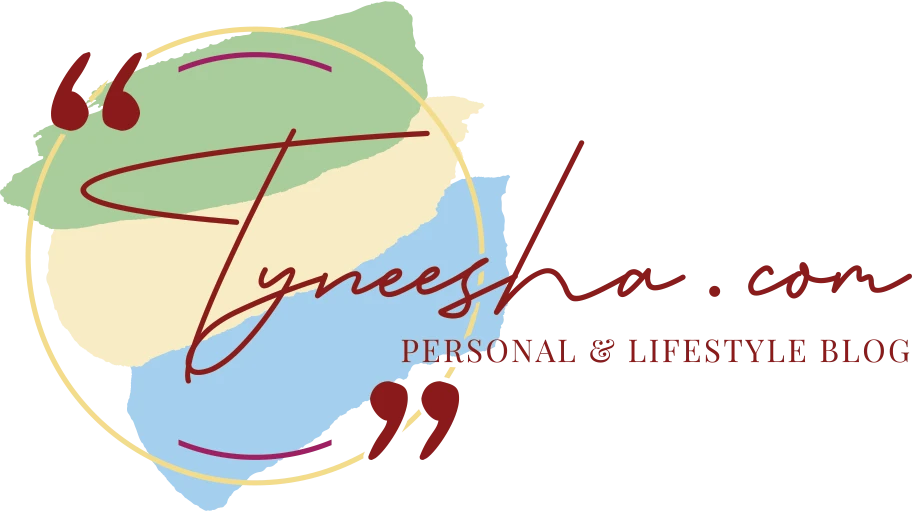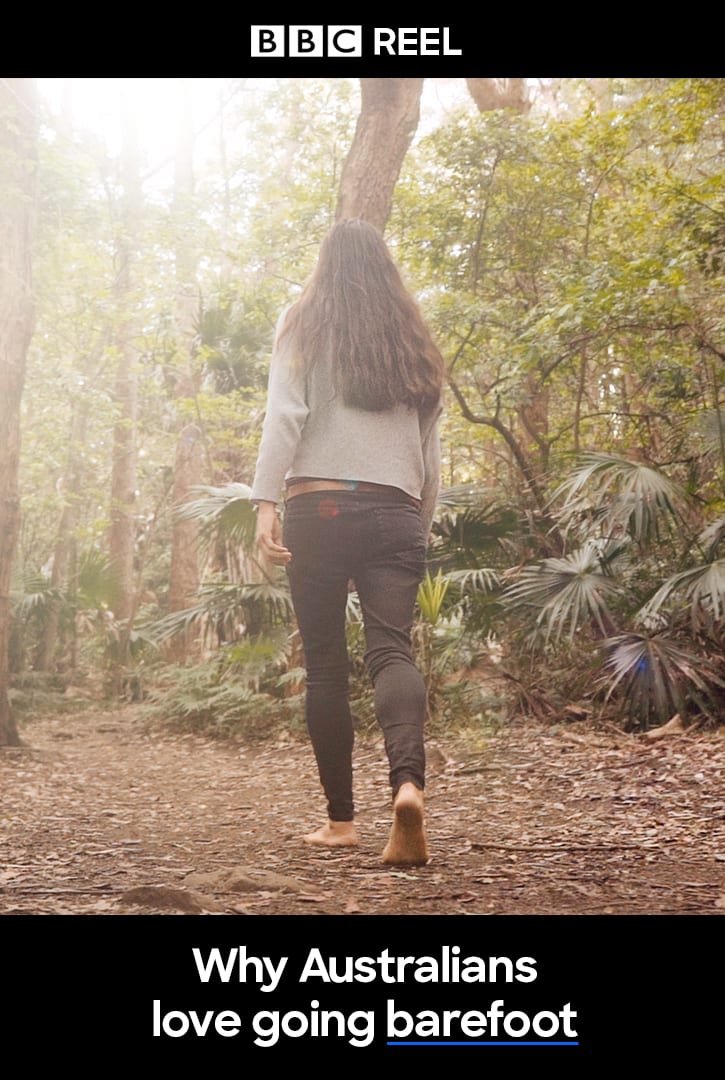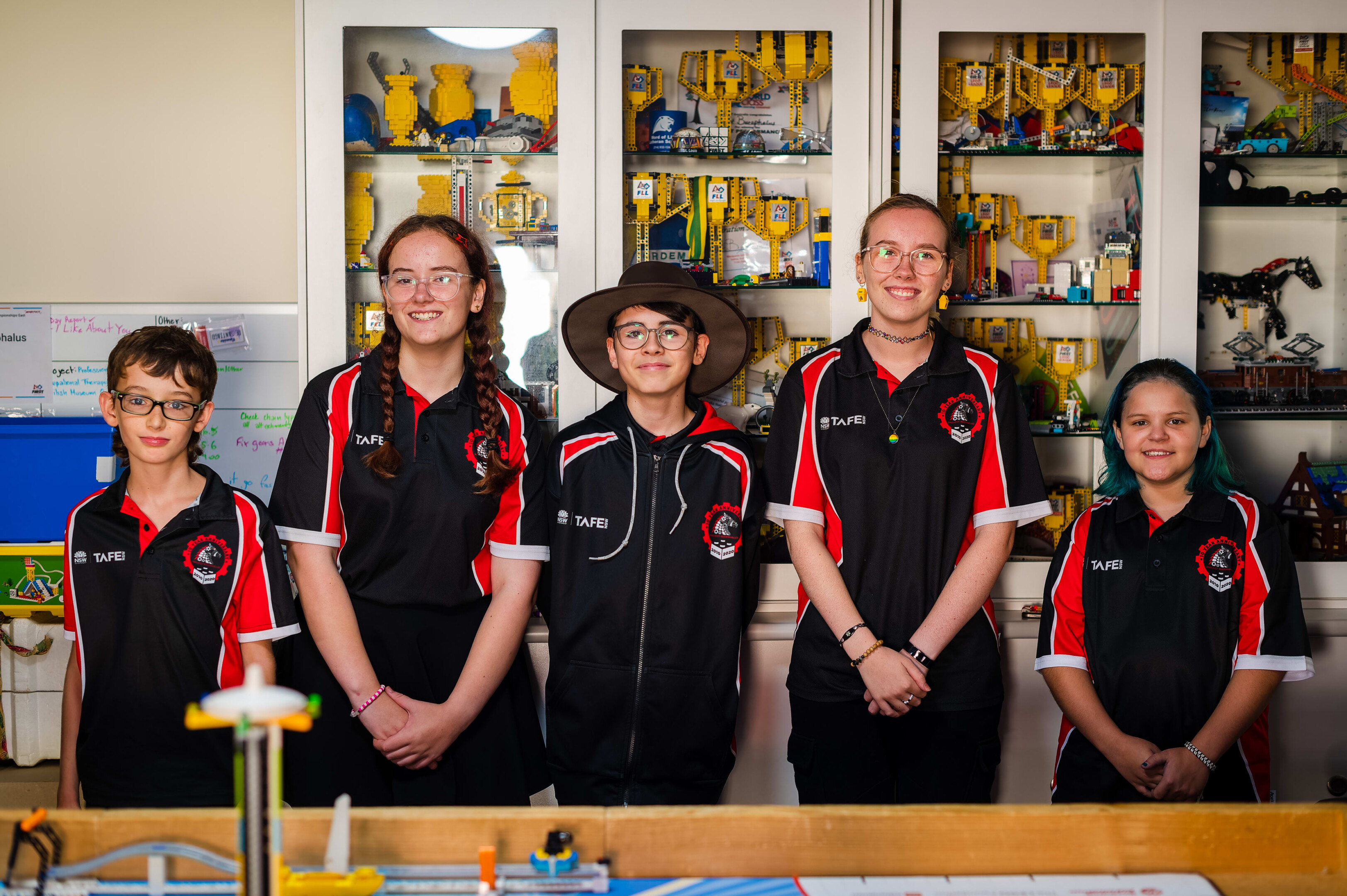24th April, 2024
I’m sure you’re aware that fuel is $2+ at the moment. I’m also sure that a well informed, highly participatory member of society such as yourself knows that this is a result of the current conflict in Ukraine. I’m sure we can all agree that higher fuel prices are a fair trade if it means that our lives aren’t immediately threatened by nuclear warfare. Nonetheless, I’ve heard the Russian invasion of Ukraine referenced as “World War Three”. That phrase has been thrown around for years. The media said the same thing in 2016 when Trump was elected. Naturally, I’m not convinced that World War Three is on the horizon, at least not how we might imagine.
In the past few years, we’ve definitely been taught that the unexpected is imminent and assuming that life will remain as it is regardless of significant events such as oh, I don’t know, global pandemics. So I can’t in total certainty say that this European conflict will not bring Australia into a worldwide conflict eventually. But I’d like to point out that war and combat in the traditional sense is a lot less likely to occur nowadays. More importantly, it’s a lot less likely that it will be a successful method of resolving what is essentially a border dispute.
Even as someone who harbours an embarrassingly intense interest in Russian politics, I’ll admit that I didn’t understand the situation in Ukraine when it first started circulating the media. To be fair, I still don’t think it makes a heap of sense. But the other day, my Dad sent me the video that I’ve attached below, which helped clear things up quite a bit.
Anyway, whether you watched that or not, Harris basically points out that Putin’s agenda is unsustainable and ultimately impossible to pull off. “Ukrainians are fighting for the love of country, Russians are fighting for fear of a dictator” pretty much sums it up. Russia’s power over its people has long been based on misinformation and censorship. Obviously, with the age of technology and Web 2.0, it’s getting more and more challenging to keep the Russian people in Putin’s bubble.
Each of the wars has differed slightly according to the technology available at the time. Where World War One was fought on the battlefield, the cold war was characterised by nuclear technology. There’s a pronounced difference between the state of the world when the berlin wall fell to now. We’ve all got a smartphone in our hands. We’re all connected to everything, all the time. We have an intensely overwhelming amount of access to information and people in other countries and cultures. Countries are linked through interpersonal connections and business and trade partnerships, to an extent never before seen in wartimes, so obviously, it’s going to have an impact. Putin’s agenda does not seem to account for this.
There’s a hugely interesting example of how warfare differs in the present day, and when I read this, I have to admit it was amusing for some reason. In solidarity with Ukraine, McDonald’s decided to close all 850 stores placed in Russia. Russian McDonald’s employees will continue to be paid. However, all market operations between the corporation and Russia will be paused. Personally, if I was involuntarily drafted to participate in a war that I do not believe in, I would at least like a Happy Meal on my way out. But I get it. Other major corporations such as Coca-Cola, PepsiCo, and Yum Brands (the parent company for KFC and Pizza Hut), have made similar decisions, pausing business with Russia for the time being.
“Personally, if I was involuntarily drafted to participate in a war that I do not believe in, I would at least like a Happy Meal on my way out.”
Traditional warfare depended on the civilians feeling a certain sense of patriotism toward their home country. That kind of patriotism is nowhere near as common today as it was back then because truly no country operates in a vacuum outside of globalisation. You don’t have to feel this intense loyalty to your home country in a political sense because, odds are, most of the things you enjoy about your home country are sourced in some way by somewhere else. You can live a reasonably similar life regardless of your whereabouts, and the pandemic taking everything online has only increased that freedom.
There were mutinies in both of the other world wars, don’t get me wrong, but most of the soldiers had to be pushed to the absolute brink of their tolerances to even risk betraying their country. I’ve seen countless heartwarming videos of the Ukrainian and Russian soldiers just vibing out together, helping each other through. The Russian troops are not fiercely loyal to the Russian cause because it’s not their cause to fight for. Putin spread misinformation claiming that Ukraine was to be reclaimed by Russia because they were currently under the rule of supremacist racial groups. Once the Russian soldiers realise that this is simply not true, they lose trust and loyalty for Putin’s cause. It’s a lot harder to use civilians as pawns to fight for the issues of the rich and powerful when the civilians have ample means to talk to each other, rationalise, question your authority, and ultimately abandon your cause.
Obviously, I have written all of this from a highly privileged position, and I could be entirely wrong in my stance. However, for the most part, I just wanted to point out that war today won’t and can’t look the way it has in the past. I’m sure as things develop, I’ll be back to reconsider my initial thoughts. In the meantime, there are plenty of resources available if you wish to stay informed on the conflict or simply on fuel prices and charities you can donate to support the Ukrainian forces.






